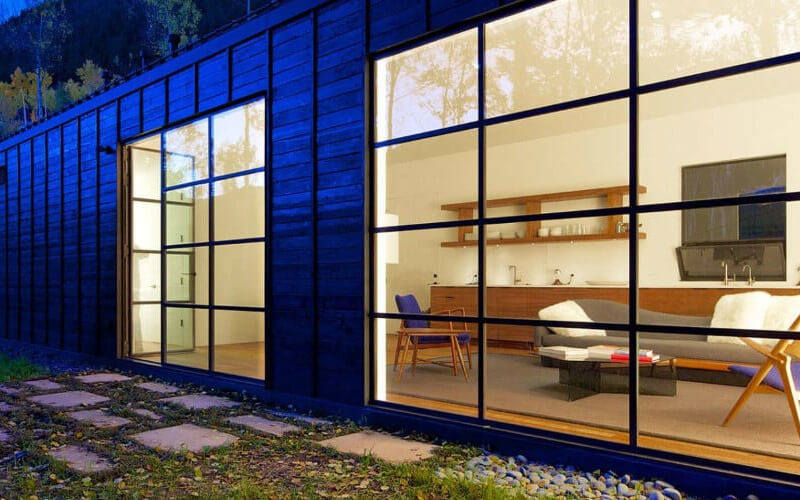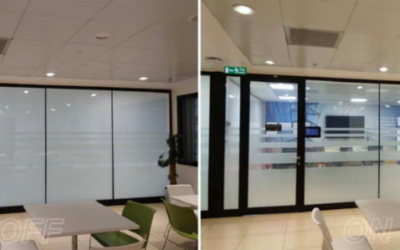Double Glazed Windows: Advantages and Disadvantages
Double glazed windows consist of two layers of glass with a layer of inert gas sealed between them. This creates nearly twice the insulation as single glazed units. Once sealed, the unit becomes airtight.
Advantages
The advantages of double glazed windows are:
- Energy cost savings. The airtight construction of double glazed windows creates thermal insulation. This reduces the flow of incoming and outgoing heat. Less energy is used to heat up or cool down the space, resulting in lower energy bills.
Adding a third or fourth layer of glass increases the insulation value of your window. Each layer of glass traps a significant amount of heat that passes through, increasing the windows protection against heat loss.
- Limited condensation. Moisture on a warm surface forms droplets of water, which freeze into frost. This can make the room feel colder, which forces the people inside to adjust the heat. The air between the two panes of glass, plus the airtight seal, prevents condensation from building up by blocking moisture in cold weather.
- Sound insulation. Double glazed windows improve sound insulation by creating a barrier between the home and the environment outside.
- Safety. Double glazed windows are tougher to break than single pane windows, so they increase the security of the home. Because they’re sealed tighter than other windows, it is also tougher to force them open from the outside.
- Reduce damage to furnishings. Double glazed windows can reduce the amount of sun and heat entering the room. This can help reduce sun damage to your paintings, furniture, carpet, and other objects around the home.
Disadvantages
The disadvantages of double glazed windows are:
- Can’t be repaired. The space between the two panes of glass traps air, forming a layer of insulation. If the seal isn’t airtight, condensation will appear between the panes. Once sealed, the panes can’t be pulled apart and repaired. The window will have to be replaced.
- Trap heat. During the winter months, the heat trapping benefit is an advantage, but during the summer months, trapping heat inside can lead to a stuffy and uncomfortable room. Many homeowners tint the windows to block the heat, but this added feature will costs extra.
- Not a good match for older homes. Double glazed windows are modern looking, so they can clash with older styles. And if a homeowner decides not to replace every windows with double glazed windows, the overall appearance of the home will look mismatched.


